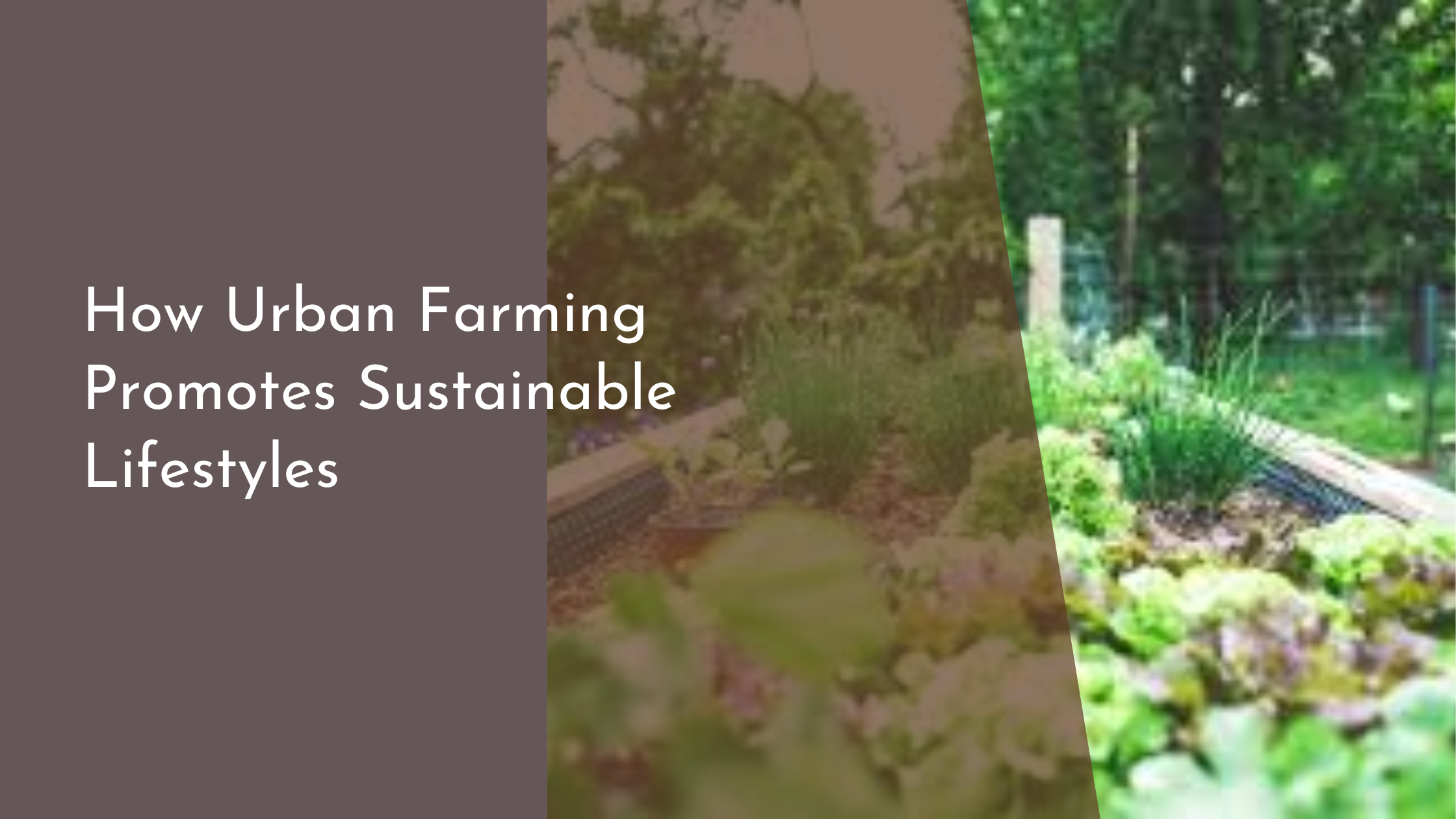How Urban Farming Promotes Sustainable Lifestyles
Urban farming is rapidly gaining popularity as people increasingly seek sustainable and environmentally friendly lifestyles. As cities grow and the need for green spaces becomes more critical, urban agriculture offers a promising solution that combines food production, community engagement, and ecological responsibility. This movement is not just reshaping city landscapes but also providing numerous benefits to urban dwellers. From rooftop gardens to community plots, let’s explore how urban farming is making a difference in our cities and our lives.
Understanding the Rise of Urban Farming
Urban farming has become a buzzword in recent years, driven by the convergence of environmental awareness, technological advancements, and a desire for local food sourcing. As urban populations swell, there is a pressing need to address issues like food security, the urban heat island effect, and limited access to green spaces. Urban farming offers a potential answer by transforming underutilized urban areas into productive agricultural spaces. This shift is not only about growing food but also about cultivating a closer connection between people and their environment.
The rise of urban farming can also be attributed to increased public interest in sustainability and the farm-to-table movement. More individuals are seeking transparency about where their food comes from and how it is produced. City dwellers, in particular, are leaning towards healthier eating habits and reducing their carbon footprint. Urban farming provides a unique opportunity to accomplish these goals by allowing residents to grow their own produce right where they live, reducing the need for long transportation chains, and ensuring fresher, pesticide-free food.
Key Benefits of Urban Agriculture
One of the most significant benefits of urban agriculture is its potential to enhance food security in cities. By growing food locally, communities can reduce their dependence on imported produce, which is often subject to fluctuations in market prices and supply disruptions. This localized approach not only makes fresh food more accessible but also empowers communities to take charge of their nutritional needs. Urban agriculture can be a vital tool in combating food deserts, areas where access to fresh produce is limited or non-existent.
In addition to improving food security, urban farming contributes to environmental sustainability. By maximizing green spaces in urban areas, city farms help mitigate the urban heat island effect, improve air quality, and promote biodiversity. These green oases can also serve as carbon sinks, helping to offset the city’s carbon emissions. Urban farming initiatives often encourage sustainable practices such as composting, water recycling, and organic farming techniques, which further enhance their environmental benefits.
Techniques and Practices for City Farming
Urban farming employs a variety of techniques tailored to fit the unique challenges of city environments. Vertical farming is one such innovation, utilizing vertical spaces to grow crops in stacked layers, often indoors or on rooftops. This method maximizes the use of available space and can produce a significant yield with minimal land usage. Hydroponics and aquaponics are also popular techniques in urban farming, allowing plants to grow in nutrient-rich water solutions, often coupled with fish farming, which creates a symbiotic environment that conserves water and enhances plant growth.
Another practice gaining traction in urban farming is the use of community gardens. These shared spaces bring people together to cultivate fruits, vegetables, and herbs, fostering a sense of community and collaboration. Community gardens are not only about growing food but also about education and empowerment. They provide opportunities for city residents to learn about sustainable farming practices, composting, and nutrition, while also serving as peaceful retreats from the hustle and bustle of urban life.
Inspiring Stories of Urban Farming Success
In cities across the globe, there are inspiring stories of individuals and communities transforming urban landscapes through farming. In Detroit, Michigan, urban agriculture has become a beacon of hope, revitalizing vacant lots into productive gardens and farms. Organizations like The Greening of Detroit and Keep Growing Detroit have turned more than 1,400 vacant lots into neighborhood food gardens, fostering community development and access to fresh produce.
Across the Atlantic in London, the “Growing Communities” initiative has pioneered urban farming by operating a successful organic veg box scheme. This project not only supplies local residents with fresh, seasonal produce but also supports a network of small-scale organic farmers. By creating an innovative urban farming model, Growing Communities is demonstrating how cities can integrate sustainable food systems into their fabric, making them more resilient and self-sufficient.
Urban farming is more than just a trend; it’s a transformative approach that promotes sustainable living in our cities. By fostering local food production, enhancing green spaces, and encouraging community involvement, urban agriculture is helping to redefine how we live and interact with our urban environments. As more cities embrace this movement, the benefits of urban farming will continue to grow, offering a hopeful path toward a more sustainable and connected urban future. Whether through community gardens or innovative farming technologies, urban farming invites everyone to be part of the solution for a healthier planet.

